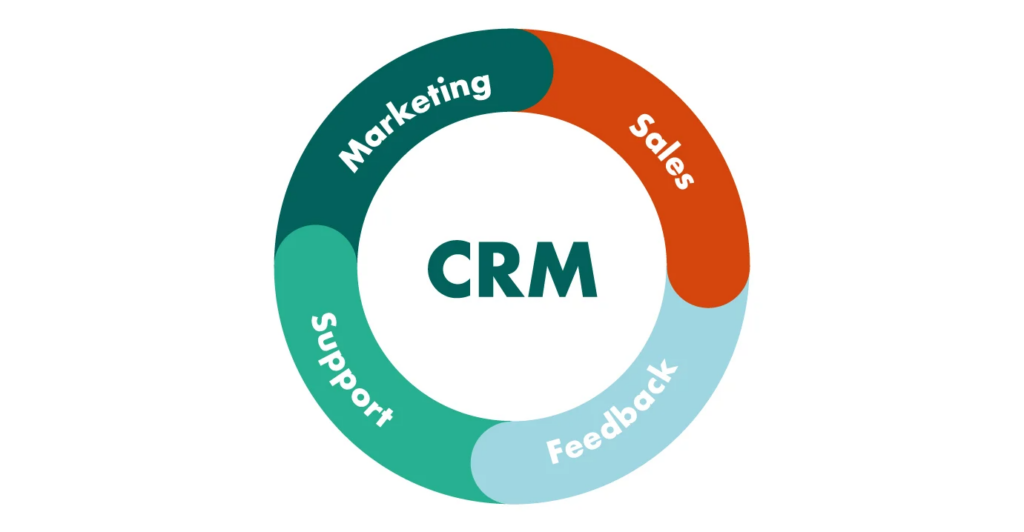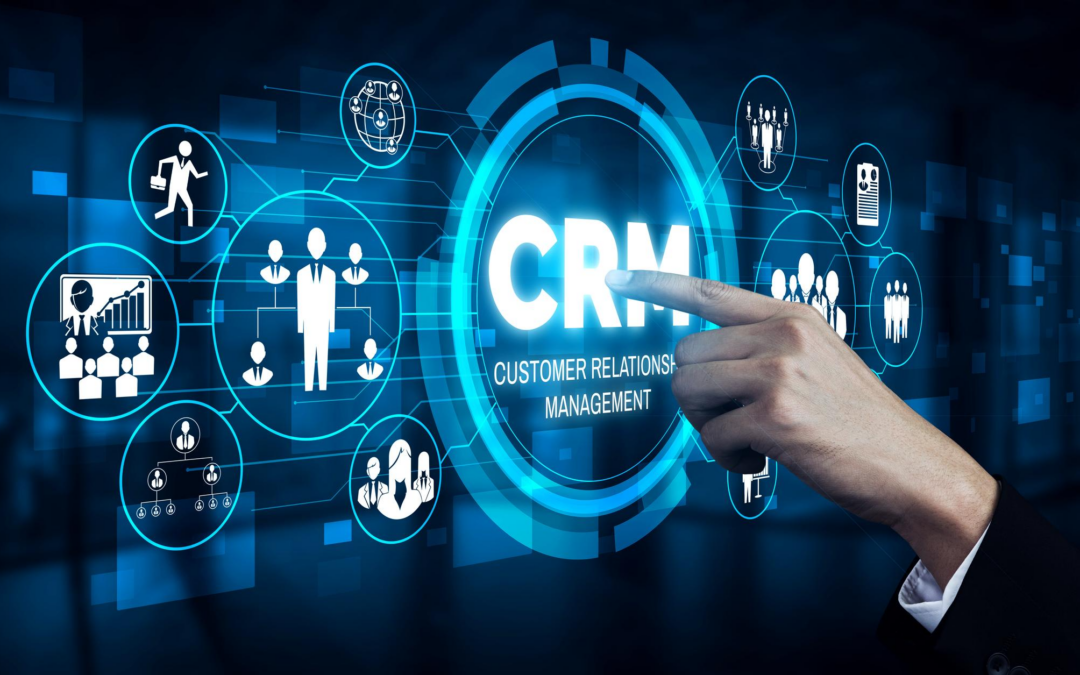The auto industry has transformed over the past year and a half since the beginning of the novel coronavirus pandemic. In order to overcome the major challenges that the COVID-19 pandemic presented, the auto industry was forced to change and adapt in many different ways, including going all-in on digital. As car dealerships across the auto industry have begun increasingly conducting business online, it’s become very important to have a dealership CRM.
Many of those adaptations have included transferring much of the car-buying process to a virtual format. Most car dealerships now offer many more services online than they did pre-pandemic—allowing drivers to browse through their inventories, get estimates for trade-ins and financing options, complete essential paperwork, and more completely online from the comfort of their own home.

As car dealerships across the auto industry have begun increasingly conducting business online, the importance of having a customer relationship management (CRM) system has increased as well. If your car dealership does not yet have a CRM system in place, it’s time to take action for the benefit of your dealership, your customers, and your profits. Keep reading to learn 5 reasons why your car dealership needs a CRM.
1. Increase Sales
A CRM system assists car dealerships in accomplishing many different goals that help them increase their sales and maximize their profits. Part of what CRM systems do is help car dealerships find more potential customers, encourage those potential customers to do business with their dealership, and keep those customers satisfied.
By collecting and helping to analyze data from all of your car dealership’s interactions with customers and potential customers across all different communication platforms and devices, a high-quality CRM system provides car dealerships with the information and intelligence they need to build stronger, more effective marketing campaigns that help draw in more customers.
A CRM then helps car dealerships satisfy these customers and keep them coming back to buy more by making communication with customers easier and more streamlined throughout the entirety of the dealership-customer relationship.
2. Improve Customer Relationships
Having a top-quality CRM for your dealership can do wonders for improving your dealership’s relationships with its customers. A CRM system offers your car dealership detailed information and data about all of its customers as well as all of the interactions and communication between the dealership and its customers.
Widespread access to all of this data across all departments of a car dealership allows the dealership team as a whole to provide higher-quality, more personalized customer service—which in turn improves customer relationships and helps you build a great reputation for your car dealership.
3. Streamline Departments
A CRM system allows your car dealership to store a wide variety of data about its customers and customer interactions across all departments in one central location.
This means that every department in the dealership—the sales department, the parts, and service department, etc.—has access to the same wealth of data through the car dealership’s user-friendly CRM system.
The central location for data that a CRM tool provides allows car dealerships to streamline their departments and remain connected as a united front to make collaboration within the dealership easier and improve customer interactions across all departments.
4. Build a Better Online Presence
Due to the rapidly increasing digitization of the auto industry, having a strong online presence is key for car dealerships that want to succeed. Building a good reputation online is also very important for car dealerships in the modern auto industry. Drivers are much more likely to trust and do business with car dealerships with a strong and reputable online presence.
A CRM system allows car dealerships to streamline all of their online platforms—including their website, email list, and social media accounts—and keep better track of all of their online interactions with customers. This helps car dealerships develop a better and bigger online presence, which in turn helps attract more potential customers and keep current customers satisfied.
5. Forecast Trends
Having a CRM system allows car dealerships to forecast trends in the auto industry—and more specifically, trends on the mainstream auto market in their area—as they develop and evolve. The central location that a CRM system provides allows dealerships to view and analyze sales data from all of their customers in one place.
This centralization of data makes it easier for data analysts at your car dealership to spot sales patterns that emerge among past customers—which can help you shape your dealership’s inventory to meet demands for different makes and models of vehicles as they increase and decrease with changing trends in the auto industry.

